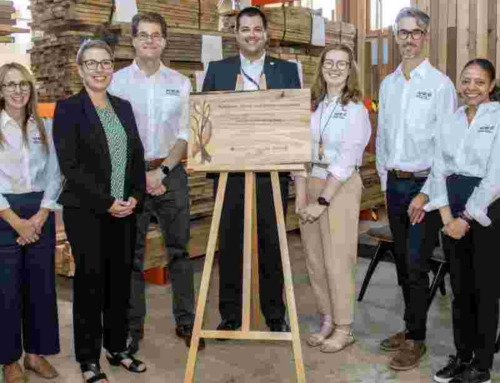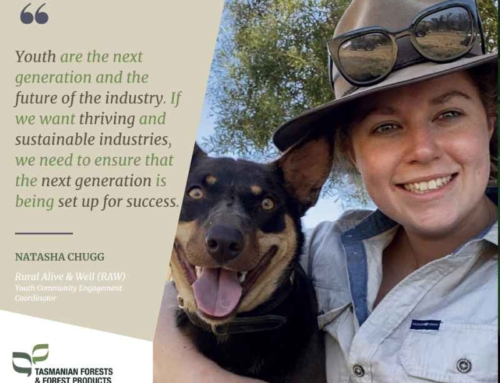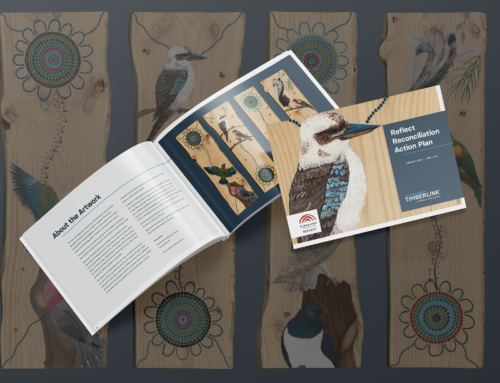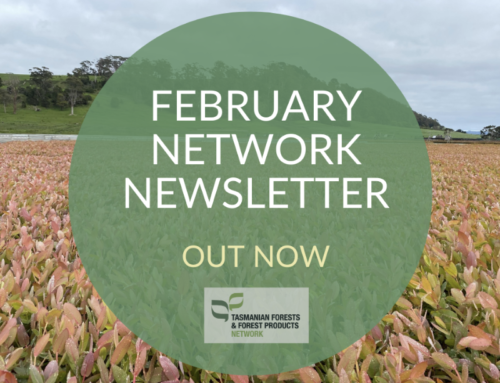Congratulations Simon Cook
 Sustainability Manager for Forico Simon Cook has won the 2020 Richard Stanton Memorial Award for Excellence in Forest Management. The award and trophy, presented remotely during Responsible Wood AGM, recognises the life of a man who was devoted to the forest industry in Australia and internationally. Mr Stanton was former CEO of AFS Ltd (now Responsible Wood). Source: Timberbiz
Sustainability Manager for Forico Simon Cook has won the 2020 Richard Stanton Memorial Award for Excellence in Forest Management. The award and trophy, presented remotely during Responsible Wood AGM, recognises the life of a man who was devoted to the forest industry in Australia and internationally. Mr Stanton was former CEO of AFS Ltd (now Responsible Wood). Source: Timberbiz
Mr Cook leads a 5-member Sustainability Team, and in this role has worked tirelessly to initiate and drive sustainable forest management activities – in areas of biodiversity, carbon and cultural values, leaving a lasting legacy both inside the forest and outside.
The nomination was made by Ann La Sala, a member of Mr Cook’s sustainability team, and was supported and endorsed by Forico.
In presenting the award Responsible Wood CEO, Simon Dorries, reflected on Mr Cook’s sustained commitment to sustainable forest management and certification standards.
“Simon’s involvement with the Tasmanian Devil Facial Disease research, with the CSIRO in Natural Carbon and working in conjunction with Reconciliation Tasmania in developing a Reconciliation Action Plan received high acclaim from the judging panel,” Mr Dorries said.
Mr Cook’s involvement with Tasmanian Devil Facial Tumor Disease is especially noteworthy. The program not only assists in understand
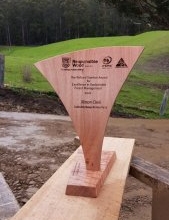
ing how cancer affects Tasmanian Devils but also has potential implications for cancer treatment in humans which is attracting global attention.
Working with CSIRO and other industry partners, Mr Cook has been instrumental in developing a framework and methodology for assessing and gathering data related to Natural Capital. This developing area will have significant implications for forest sustainability globally as foresters seeks to develop a common language and understanding in this emerging area.
And finally, working on developing a Reconciliation Action Plan in conjunction with Reconciliation Tasmania, Mr Cook is working with stakeholders to improve relationships with the Tasmanian Aboriginal community sharing knowledge to land management techniques, protection of cultural sites, access to natural forests and potential employment opportunities.
All these areas embody important elements of the Responsible Wood standard.

